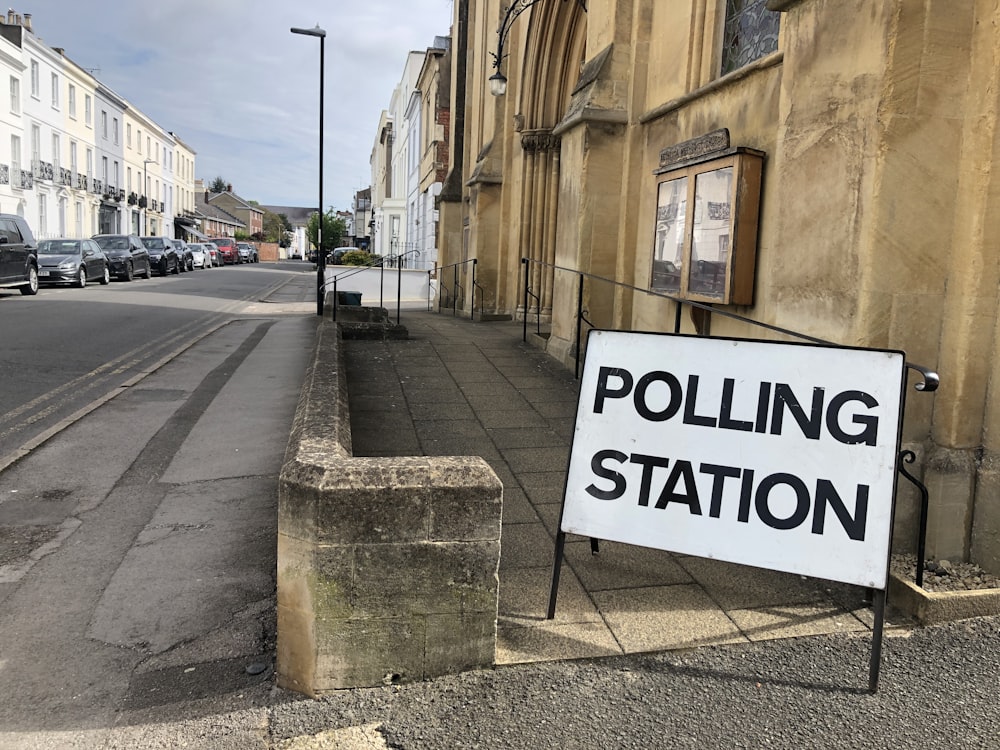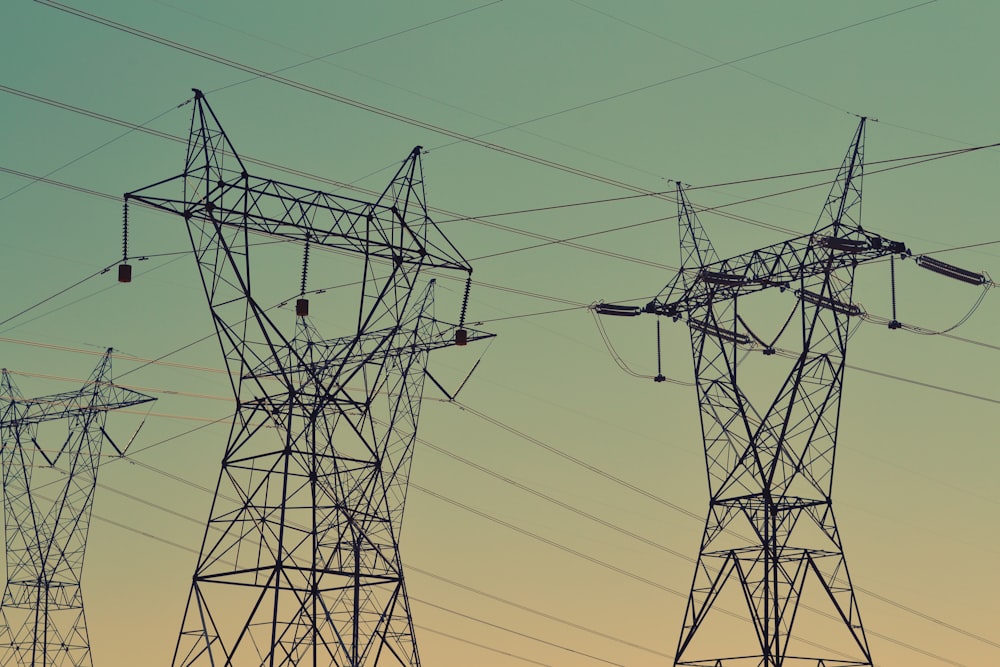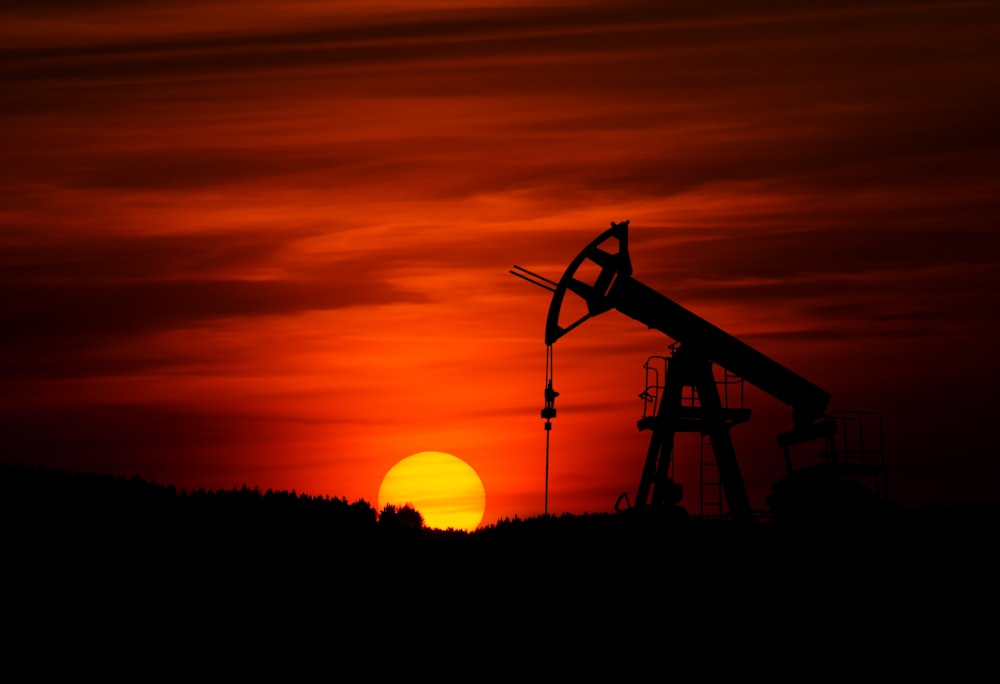Welcome back.
Twitter got a bit worked up by the news of a March 6th budget. With some claiming that this early date meant for sure a May election. March 3rd (2021) or March 11th (2020) didn’t precede elections. But then March 8th (2017) came before a June election, and March 18th (2015) did. All I can read into that is Budgets are often in March. Labour is acting like May is a dead cert, why not? They’re on top, an early election is good for them, and if Sunak doesn’t call it they can accuse him of weakness.
Regardless of May or October it is firmly an election year (sorry to any Jan 2025 truthers out there). We are in the campaign foothills, so to start the year a few things to keep an eye out for as we go.
Public opinion heats up
2023 was the hottest year on record. 2024 is likely to be hotter still. Weather is already one of the more tangible and salient ways for the public to ‘see’ climate change. That will increase as the media reports on an incredibly balmy December, ski holidays ruined by a lack of snow and summer holidays ruined by heatwaves or forest fires. As people work from home more often, heatwaves become more of a policy issue. An October election could look very different if we’re off the back of record (and consistent) summer temperatures.
How much ankle does government show before an election?
The timing of an election shapes how much policy we get from government. While I expect most things to be kicked into the long grass, we could see:
Green Industries Growth Accelerator spending allocated. Yes, it won’t be spent until 2025, but the more specific the government gets the more it requires Labour to commit or unwind.
Consultation on the National Planning Policy Framework. Planning isn’t working for the infrastructure we need, but remains a divisive issue inside government. Consultations delay but could provide some headroom on reform for onshore wind.
Transmission is going to continue to be big. We’re expecting the launch of the Future Systems Operator (and potential big-name chair). We’ll get the Strategic Spatial Plan and hopefully see how it fits with other plans. There’s also an interesting consultation on the future of Ofgem.
Community benefit. Government endorsed the recommendations of the Winser review into transmission infrastructure but didn’t act on all of them. We have proposals for a new community benefit scheme, to ensure communities see the upsides of new energy infrastructure in their area, but we don’t know yet who is eligible for this ‘up to £10,000’ claim or how it’ll be allocated.
Both transmission and community benefit, alongside the revised version of National Grid’s Holistic Network Design will crystallise the politics of pylons. Expect this to move from a local issue, covered by those with a particular interest, to a major national issue as Tory MPs and Westminster media make (minority) opposition heard.
I’d also be eagle-eyed for Tory election traps. The windfall tax is expected to end in 2028 for example, a mean-spirited Chancellor may promise to end it in 2025 to further constrain a future government’s spending powers.
A Green Ming Vase
Labour is equally cagey. There’s a fine balance in an election run-in. You need enough detail so people can imagine what it’ll be like to live under a Labour government (and why they should vote for them!). But too much detail risks plans being (further) sabotaged, or stolen by the Tories.
The biggest wobble is over the spending plan formerly costed at £28bn. This remains one of Labour’s most popular policies and their core assessment of why the UK economy is struggling. The independent Office for Budget Responsibility shows that there isn’t currently enough headroom for that spending in the first four years of parliament. Though forecasts change, and the economy is improving (slowly). What we don’t have is the 5th year of the OBR forecast, i.e., the final year of a Labour government and the year it will need to see debt falling to meet its fiscal rules.
This shouldn’t be a passive assessment of whether there is or isn’t space for £28bn ‘by the end of the parliament’. What Labour needs to know is what are the investments in year one of a Labour government with the greatest growth impacts that will create the headroom to expand public investment later. Clarity and content are the way to reduce a perceived political vulnerability from the spending.
For more read my previous posts on the £28bn here and here, and Steve Akehurst on where public opinion is here.
Also on the Labour front, I’ll be watching for:
Some more detail on GB Energy, including how it sits alongside the National Wealth Fund, where it might be HQ’d, and how it’s going to get started.
Union relations. There is a quiet truce over fossil fuel licences. Unions are starting to work closer with the party on just transition policy. But GMB has been vocal over the government’s continued (and sensible) backtracking from hydrogen in home heating. As Labour’s PPCs seek GMB endorsements or campaign support, the future of the gas grid or hydrogen boilers could come up.
Price of energy
Something that could derail both Tory and Labour election preparations - the price of energy. On the retail side, the ending of energy support last July will mean consumers pay more for their energy this year. The price cap will remain high all year. Cost of living has not gone away. However, the public is finding it increasingly hard to distinguish energy price rises and its knock-on effects on food or fuel from the rising price of everything.
As challenging will be the generation side. Oil production growth will slow in the US, but don’t expect total production to be down. It's the geopolitics that's the risk, if conflict with Iran escalates, and is exacerbated by say industrial disputes in Australia, then Brent Crude could start rising again.
We already know that Auction Round 6 will mean a higher price for offshore wind. This adds barely anything to consumer bills, but politicians are going to have to get ahead of a critique from climate delayers about the ‘cost of renewables’. Part of that will be pointing to another year of volatile fossil fuel prices, but part will be about the wider benefit of offshore wind - energy security.
Whatever happens 2024 in the UK is not going to be slow. Election Energy will cover each of the above in more detail as we go. But in the meantime please send in any requests for topics, and share with colleagues and friends so they can give their two cents too.
Happy new year!






